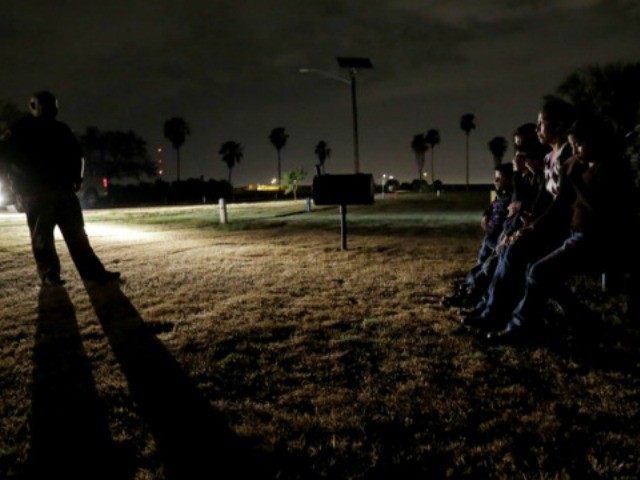The recent Obama administration refugee program — aimed at reuniting children from Honduras, El Salvador and Guatemala with their parents living in the United States — also applies to undocumented parents granted amnesty.
In an announcement to stakeholders this week, the U.S. Citizenship and Immigration Services (USCIS) highlighted the program — which the Obama administration enacted following the surge in illegal immigration at the southern border by unaccompanied minors from Central America.
“The Central American Minors (CAM) Refugee/Parole Program provides certain qualified minors in El Salvador, Guatemala and Honduras a safe, legal, and orderly alternative to the dangerous journey that some children are currently undertaking to the United States,” a description on U.S. Citizen and Immigration Services website — updated on Monday — reads.
The State Department and Department of Homeland Security first announced the program in November, and the program started accepting applications from parents living in the U.S. for their minor children living in El Salvador, Guatemala, or Honduras on December 1, 2014.
Parents who qualify for the program include those with permanent resident status, temporary protected status, parolee, deferred action, deferred enforced departure, or withholding of removal.
While USCIS dispatched the announcement to stakeholders this week, a USCIS official told Breitbart News the announcement did not reveal changes to the program. The official confirmed, however, that those undocumented immigrants granted deferred action would be eligible.
Deferred action includes Obama’s executive orders shielding undocumented immigrants from deportation, specifically Deferred Action for Childhood Arrivals (DACA).
The USCIS official said the agency is still reviewing the potential that undocumented immigrants granted deferred status under the new Deferred Action for Parents of Americans and Lawful Permanent Residents (DAPA) program might also be eligible to participate in CAM. USCIS will begin accepting DAPA applications in May.
“Parolees and persons granted deferred action must have been issued parole or deferred action for a minimum of one year. For all other categories listed above, individuals who are lawfully present and in a valid status at the time of application (this means the date of CAM-Affidavit of Relationship filing) are eligible,” the USCIS website explains.
Anti-amnesty activists also argue that temporary protected status, parolee, deferred enforced departure, and withholding of removal are forms of amnesty.

COMMENTS
Please let us know if you're having issues with commenting.